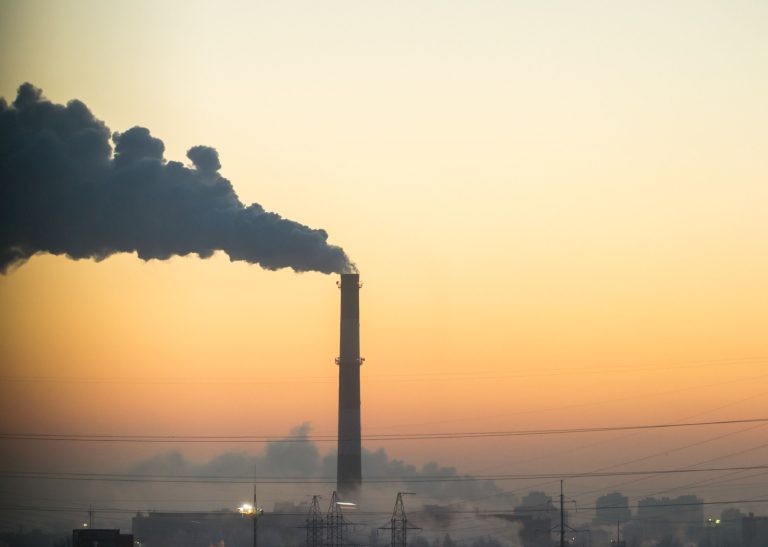India’s coal-fired power plants are poised to miss a critical year-end deadline to install emissions control equipment, compounding the country’s struggle with air pollution.
As deadly smog blankets Delhi and other northern regions, delays in implementing sulfur dioxide curbing measures threaten to worsen the nation’s air quality crisis.
According to a Bloomberg report, nearly 75% of coal-fired generators near major cities will fail to meet the December 31 deadline to install pollution control systems.
These systems are designed to reduce sulfur dioxide emissions, which break down into harmful sulfates that contribute significantly to the particulate matter in India’s persistent smog.
Proper installation can sharply reduce emissions
According to the Centre for Research on Energy and Clean Air (CREA), if fully implemented, the installation of these systems could reduce India’s sulfur dioxide emissions by about two-thirds.
Manoj Kumar, an analyst with CREA, explained that sulfates can account for nearly one-third of the particulate mass that forms smog in India.
Approximately 20 gigawatts of coal plants near major cities face the imminent deadline, while plants in critically polluted areas have until 2025.
Other facilities across the country must comply by 2026. However, progress has been slow—less than 10% of India’s 219-gigawatt coal capacity has installed the required equipment.
Power ministry seeking a third extension
According to Bloomberg, India’s Ministry of Power is reportedly preparing to seek a third extension of the compliance deadline.
The ministry is also considering exemptions for older plants with less than 10 years of operational life remaining.
Power plant operators have resisted the upgrades, citing high costs and the need to shut down operations for up to a month to install the equipment.
Operators argue that prolonged shutdowns could jeopardize electricity supply, especially as India has faced power shortages during recent summer heatwaves.
Extension could further exacerbate pollution
The delay in reducing emissions comes at a significant cost. Each winter, northern India, including Delhi, is shrouded in hazardous smog caused by vehicle emissions, construction dust, and crop-burning practices in states like Punjab and Haryana.
On Monday, Delhi’s air quality index (AQI) surged to over 1,700, far exceeding the safe limit of 50.
Authorities have implemented emergency measures, including halting construction work, restricting truck movement, and advising citizens to stay indoors. Schools have also been instructed to shift to online classes.
The health toll of this pollution is severe, with millions of premature deaths attributed to poor air quality.
The economic impact is equally stark, with productivity losses mounting as smog chokes cities and disrupts daily life.
India originally introduced its power plant emissions cleanup plan in 2015, but the compliance timeline has already been extended twice.
Environmental experts warn that further delays will only exacerbate the country’s air pollution crisis, undermining efforts to combat the growing health and economic challenges tied to toxic air.
As the government considers another extension, the urgency for decisive action grows, with millions of lives and the nation’s environmental future hanging in the balance.
The post India’s coal plants set to miss emissions deadline, worsening deadly Delhi smog appeared first on Invezz

